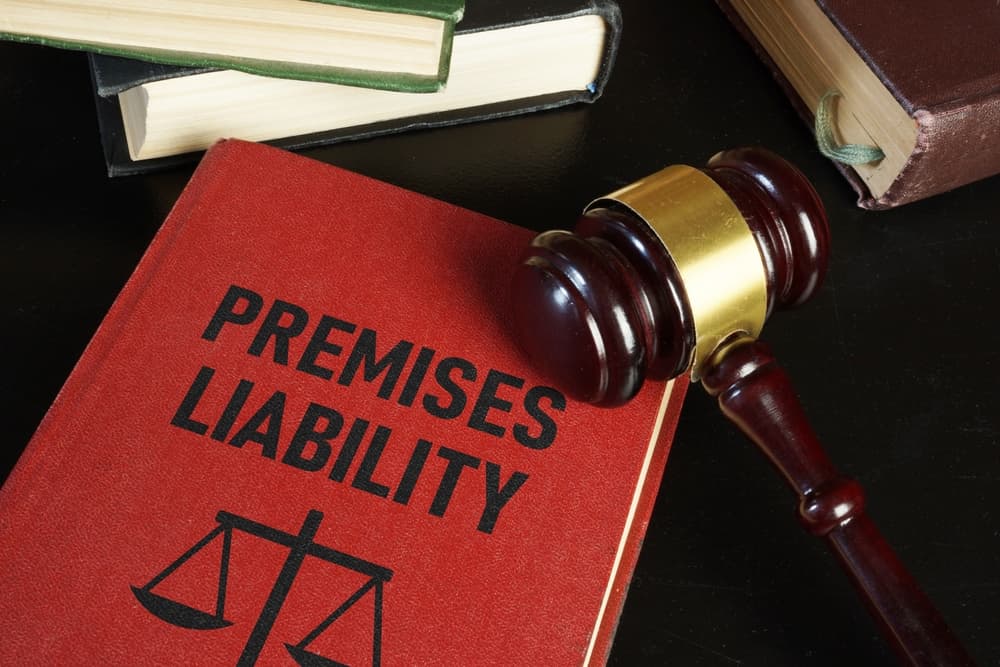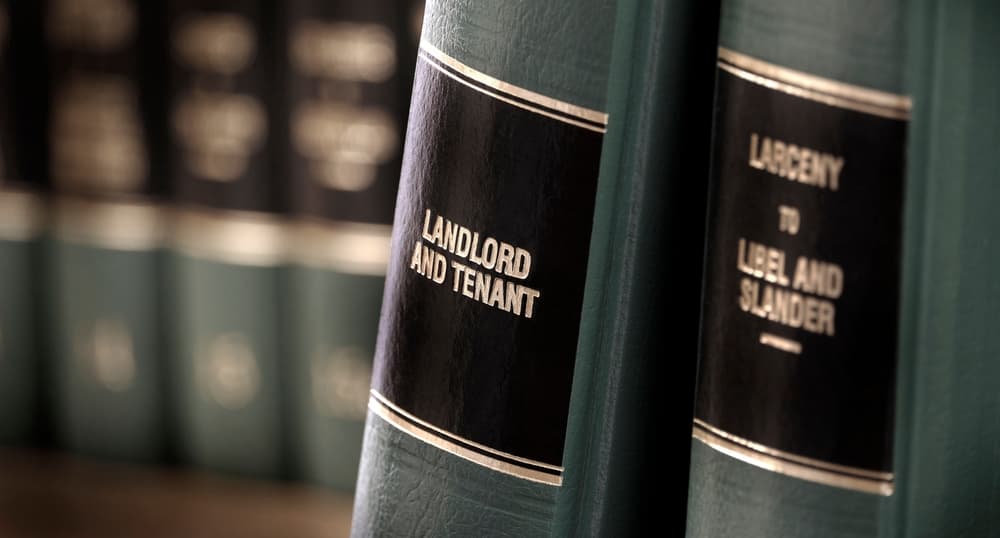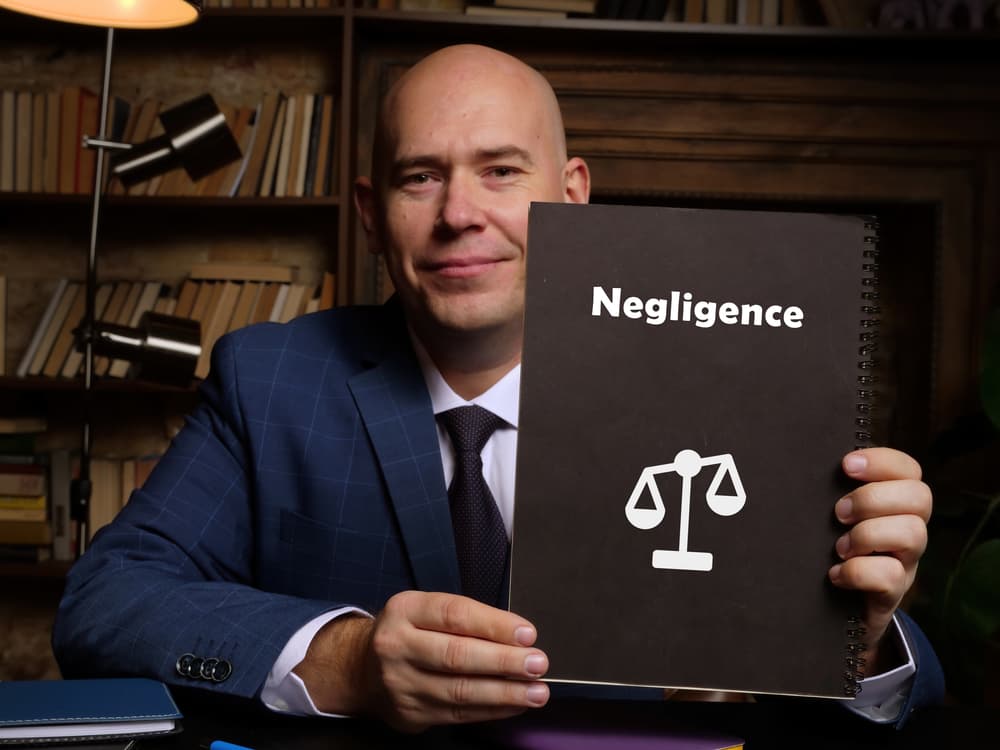What Is Premises Liability Law?
What Is Premises Liability Law?
When you visit someone’s home or business, they’re responsible for ensuring a duty of care toward you. This simply means that they have to maintain safe property conditions to keep you safe.
If they fail this duty and you get hurt in the process, you could have grounds to file a lawsuit. A personal injury lawsuit like this falls under the scope of premises liability law.
After an injury on someone else’s property, you may wonder what premises liability law is. This guide will explain everything you need to know about premises liability and how you can prove your case through the premises liability lawyer.
Schedule a Free Initial Consultation
What is Premises Liability Law?
Premises liability law is a broad term that describes civil cases that result from a dangerous condition on a residence or commercial property.
Generally speaking, if you get hurt because of the property owner’s negligence, you could recover compensation for your:
- Medical and Rehabilitation Bills: The defendant in your claim will pay these costs if they caused your injuries.
- Lost Income: If you missed time for work, you could recover compensation through a civil lawsuit settlement.
- Pain and Suffering: This is a vague term for all discomfort and stress you endured because of your injuries. If you suffered a painful, chronic injury, you could sue for pain and suffering and receive suitable damages.
Let’s use an example of premises liability accidents to drive this point home. Let’s say that you visit a fast-food restaurant and slip and fall. The staff forget to place a wet floor sign near the spill and don’t warn anyone that it’s there.
The restaurant owed a duty of care to you. They were supposed to post a wet floor sign and pick up the spill. As a result of their negligence, you now suffer from chronic back issues and your medical bills are piling up.
This is a perfect example of a premises liability case. Whether you’re visiting a home or business, the owner must manage their property carefully to eliminate all dangerous conditions.
What Are the Components of a Premises Liability Claim?

Premises liability law is different across all 50 U.S. states. In California, premises liability law requires property owners to protect everyone from dangerous conditions that could cause injuries.
According to California Civil Code § 1714, if a property owner fails to maintain their property, you can hold them liable for economic and non-economic damages pursuant to the victim.
This clause comes with a very important caveat. To sue for premises liability, you need to prove that the property owner knew or should have known about a dangerous condition.
For example, if a property owner fails to sweep the ice from their stairs, you could hold them liable if you slip on them and fall.
With that said, here are the three elements of any successful premises liability claim:
- You’ll first need to prove a dangerous condition existed on someone else’s property.
- Next, the property owner (or landlord) was negligent in mitigating this condition. They knew or should have known that this dangerous condition existed.
- Finally, their negligence caused your injury.
The second and third elements are typically the most difficult to prove. Let’s discuss both below in more detail.
Proving a Dangerous Condition
A dangerous condition is the basis of any premises liability claim.
Here are some of the most common dangerous conditions in premises liability law:
- Winter-related dangerous conditions (ice, snow, and sleet on driveways, parking lots, and sideways)
- Liquids and foreign substances on floors
- Dangerous animals
- Dangerous chemicals and substances
- Violent and criminal activity
- Improperly-designed buildings
Proving Negligence
The presence of a dangerous condition alone doesn’t warrant a successful premises liability claim.
You must also prove that the negligent part:
- Created the dangerous condition
- Didn’t inspect their property to find it
- Didn’t provide maintenance or repair it
- Failed to warn people about it
A premises liability claim can also arise when a property owner knowingly allows a dangerous condition to exist on their property.
How to Prove a Property Owner Was Negligent
Negligence is basically the failure to act reasonably in a situation compared to a more careful person. In California, the first step to proving that a property owner is negligent is determining if they had a duty of care in the first place.

So, when should a property owner be responsible for a person’s well-being?
Determining this answer is usually based on two approaches:
- Status-based approach
- Reasonable care approach
Status-Based Approach
This is an older approach for determining fault. It’s based on the status of the injured party.
Here is how that works:
- Trespassers are owed the lowest duty of care.
- Licensees, or people you allow on your property, are owed an intermediate duty of care.
- Invitees are owed the highest duty of care.
Here is a further breakdown of this concept:
- Trespassers: This is anyone who doesn’t have permission to enter your property. You owe no duty of care to most trespassers, except children. Also, you can’t create abnormally dangerous conditions to deter or ensnare trespassers.
- Licensees: This is anyone who has permission to enter your property, like a guest. The property owner must warn licensees of dangerous property conditions beforehand and work diligently to repair them if possible.
- Invitees: These are people invited to a commercial property for business purposes. Since they aren’t social guests like licensees, they’re owed the highest duty of care.
Reasonable Care Approach
California makes this the legal standard. Under this approach, the property owner owes a duty of care toward almost all visitors.
Property owners must warn visitors of dangerous conditions that the property owner:
- Knows about
- Would have easily found had they inspected their property
Just like a status-based case, property owners can’t create unusually dangerous conditions to prevent trespassing.
What Are the Most Common Types of Premises Liability Cases?
Since premises liability is a catch-all term, here are the most common cases to expect:
Falls
Slips and falls are the most common premises liability cases.
Property owners must prevent dangerous conditions that can lead to falls, such as:
- Stairs not built up to code
- Snow, ice, and sleet accumulation
- Liquids and foreign substances on floors
- Obstructive computer and extension cords
- Unsecured carpets and rugs
- Broken sidewalks, paths, and pavements
Insufficient Building Security
In most cases, property owners must provide security in areas with criminal activity. For example, nightclubs regularly hire security guards.
Apartment buildings have blocked entrances to keep their tenants safe. Property owners should even add lighting to dark areas near their buildings where possible criminal activity could take place.
Dangerous Animals
Property owners should keep their pets secured or leashed to protect others near them. Property owners are responsible for keeping their pets under control.
The Challenges of Proving a Premises Liability Claim
Winning a premises liability suit isn’t easy.
The two main challenges you’ll have to overcome are:
- Proving that the property owner is negligent
- Proving that you weren’t negligent
Proving the Property Owner’s Negligence

A premises liability claim with a dangerous condition and no negligence won’t succeed. In California, property owners need to anticipate dangerous conditions, warn visitors, and repair them.
However, don’t expect the defendant to admit they were at fault. It’s very possible they will state they didn’t notice the dangerous condition or blame you for not noticing it.
If a property owner feigns ignorance over a dangerous condition, you must prove:
- The property owner should have known about the condition, especially if it’s obvious.
- The condition was present long enough to the point where it would have been impossible to overlook.
- The property owner had reasonable time to notice the condition, warn visitors, and repair it.
Proving You Weren’t Negligent
In many cases, you will have to prove you weren’t negligent. This is called comparative negligence. The opposing counsel can use this legal precedent to nullify your claim.
Here is how this will work in a slip-and-fall claim.
If you slipped and fell because of a spill, the property owner could claim:
- You didn’t watch where you were going.
- You should’ve known the spill was there.
- You caused your own injury.
If you can’t disprove any of these claims, you could bear partial liability for your injuries.
Why You Should Hire a Premises Liability Attorney
If you were injured because of a property owner’s negligence, your best chance at securing damages is hiring a premises liability lawyer.
If you’ve never hired a lawyer before, here are all the reasons why you should hire an attorney to represent you.
Fighting Alone Will Likely Result in Failure
When you file your own premises liability claim, you’re going up against a property owner’s legal team. Depending on the property, you could possibly fight against a powerful law firm.
Experienced lawyers will do their best to intimidate you to drop your claim or deny it altogether. If your claim does have merit, they may give you a lowball offer.
Insurance lawyers have witnessed countless claims before and will welcome the chance to go toe-to-toe against a novice, so hire an experienced lawyer to level the playing field or gain a competitive advantage.
You Could Get a Lowball Offer
If you’re not experienced in premises liability law, you may have no idea how to value your claim. In fact, this is the case for many injured victims.
Without this knowledge, it’s easy for the opposing counsel to mislead you into taking a nuisance value settlement offer. A lawyer can judge lowball offers immediately and fight on your behalf for a fairer settlement.
You Could Negotiate Forever
If you decide not to hire a lawyer, the opposing counsel may decide to stall negotiations. If you’re injured or working, they’ll count on you walking away from the negotiation table because you cannot physically or mentally proceed.
A premises liability lawyer can see through this deception. Not only will they help you navigate the negotiation process, they’ll go to court if necessary.
Hire Bentley & More LLP for Your Premises Liability Claim
Without the help of a personal injury lawyer, you could have difficulty standing up for yourself against a powerful opposing counsel.

Greg Bentley & Keith More Premises Liability Attorneys in Newport Beach
Bentley & More LLP have multiple years of experience handling premises liability claims. We’ve built a strong reputation for going to bat for our clients and delivering suitable outcomes.
To get started, call us at (949) 870-3800 or contact us for your free consultation.


